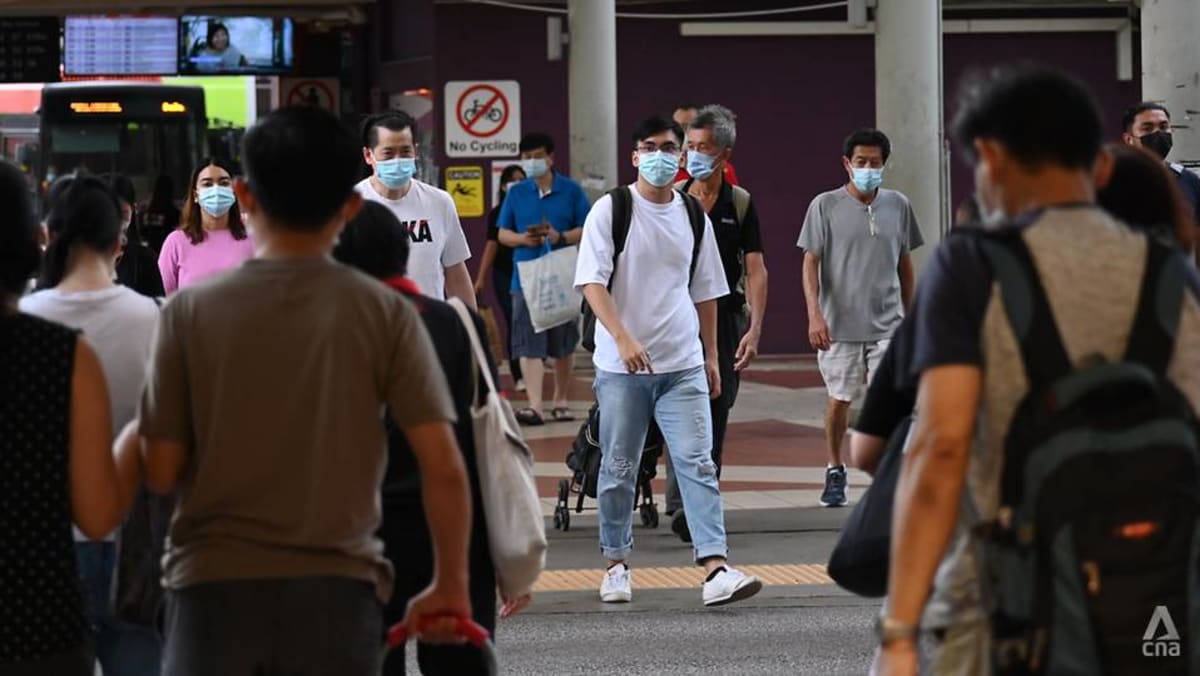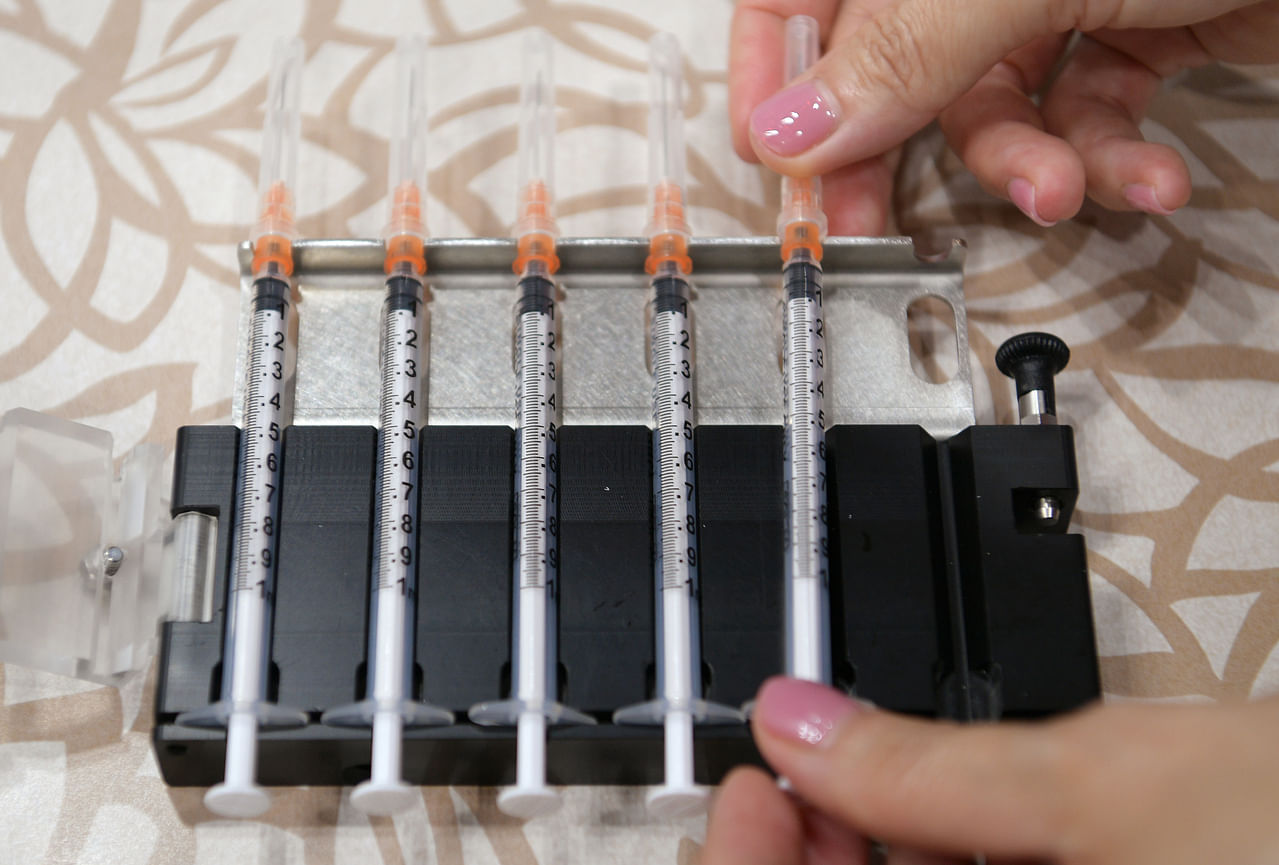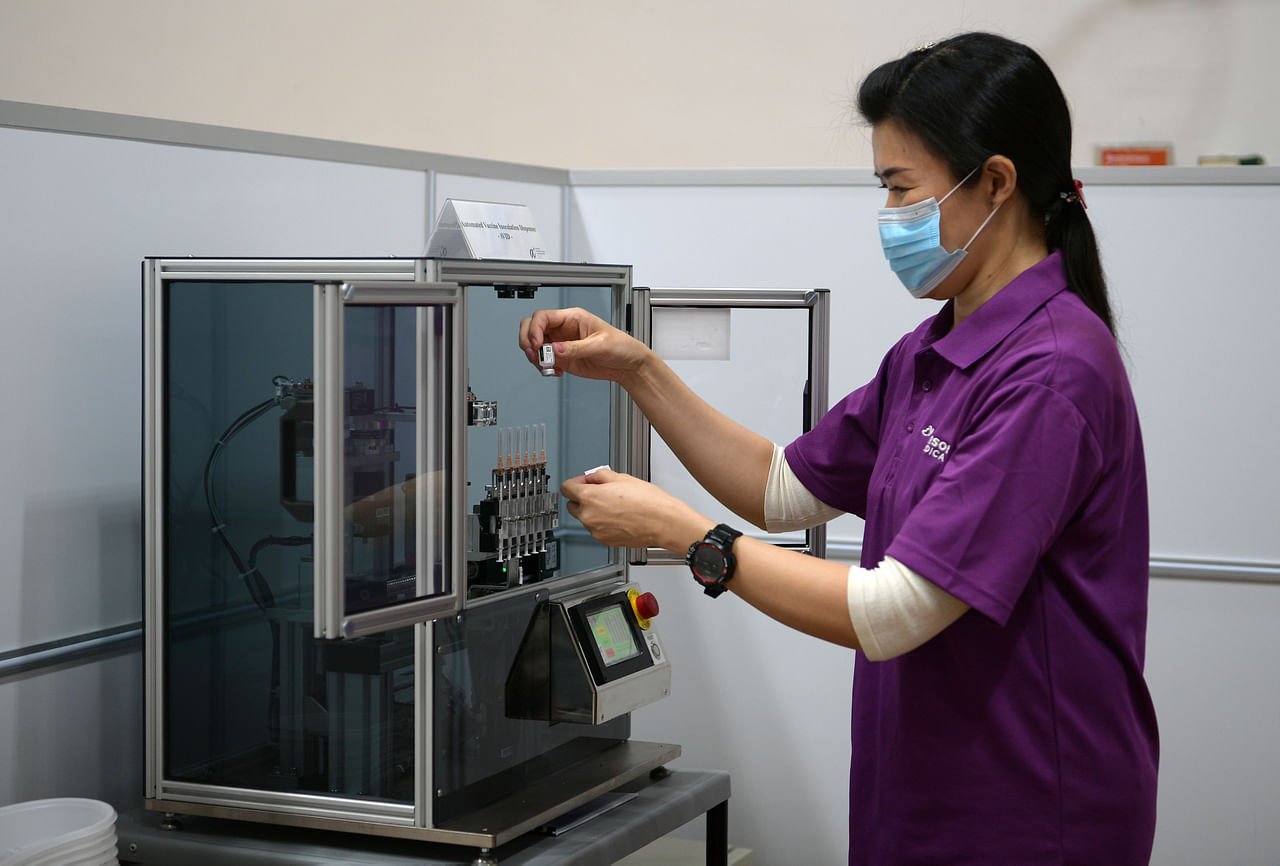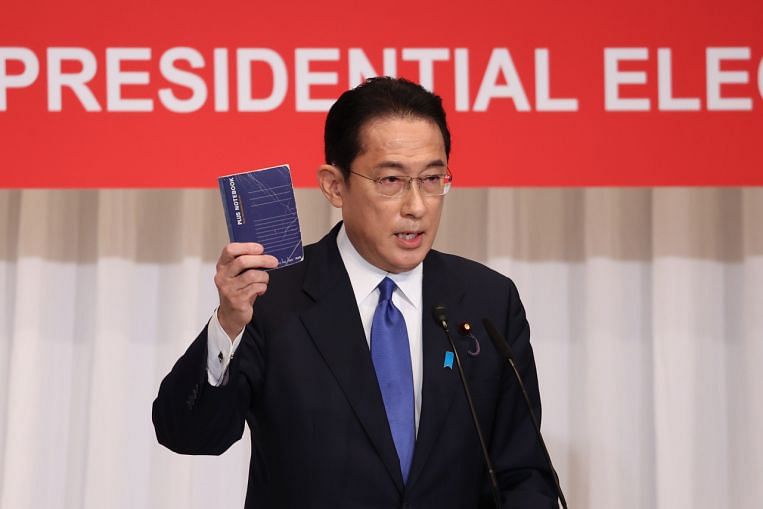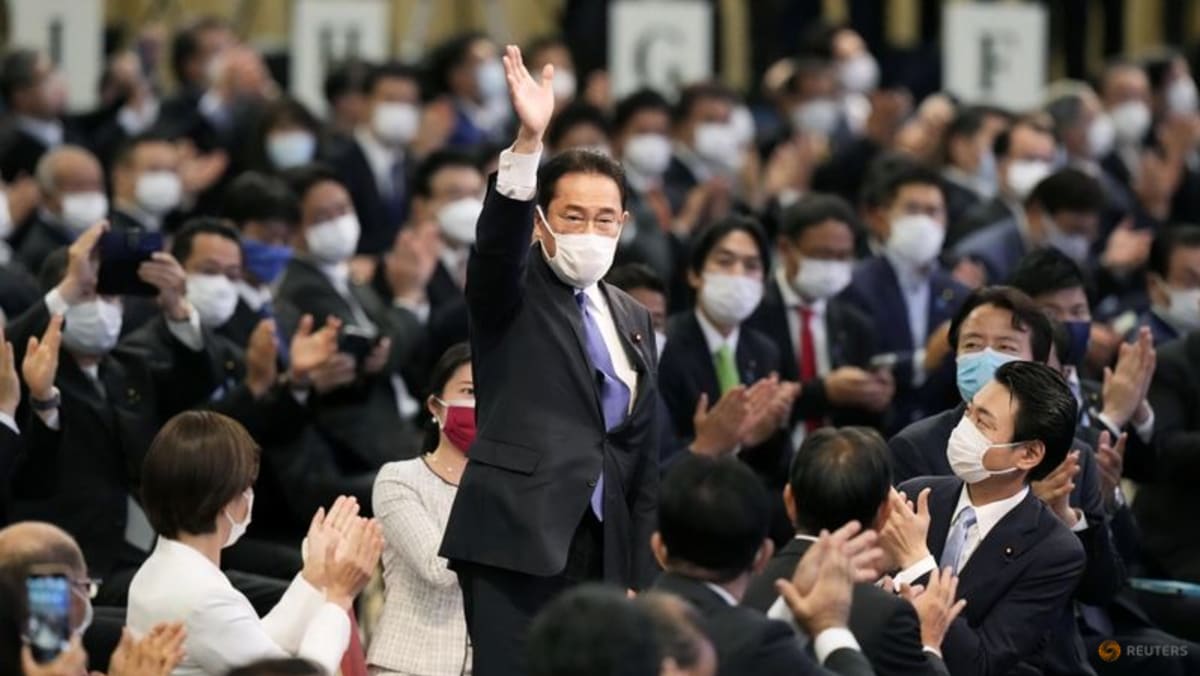
WASHINGTON: US Congress approved a stopgap funding Bill on Thursday (Sep 30) in a rare show of cross-party unity to avert a crippling government shutdown, as Democratic leaders struggle to overcome fierce infighting over President Joe Biden's domestic agenda.
Hours ahead of the midnight deadline, the House of Representatives voted to keep the lights on for another two months with a resolution that had already advanced comfortably from the Senate, with opposition Republicans supporting the ruling Democrats in both chambers.
"This is a good outcome, one I'm happy we are getting done," Chuck Schumer, the top Democratic senator, told colleagues on the chamber floor ahead of both votes, which were never in serious doubt.
"With so many things to take care of here in Washington, the last thing the American people need is for the government to grind to a halt."
The rare example of bipartisan cooperation comes with Democratic leaders trying to hammer out a deal over Biden's faltering US$3.5 trillion social spending package, which has no Republican support, and a bipartisan US$1 trillion infrastructure Bill.
Democratic progressives and moderates are entrenched in a war of words over the programmes, as Republicans enjoy the disarray from the sidelines with one eye on next year's midterm elections.
The Senate-passed bipartisan infrastructure Bill is due for a crucial vote in the House on Thursday that appears to have no chance of passing, with the Democrats' left wing in open revolt.
The progressives don't trust that centrists, who object to the size and scope of the larger spending package, will honour an agreement to pass the legislation once infrastructure is across the line.
West Virginia's Senator Joe Manchin inflamed tensions Wednesday with a statement arguing that trillions of dollars in extra spending was "fiscal insanity", solidifying opposition to the smaller infrastructure Bill.
He told reporters on Thursday that he was unwilling to go above US$1.5 trillion.
'WORKING TOWARDS WINNING'
Democratic House Speaker Nancy Pelosi - who maintains she won't put out a Bill that doesn't have the votes - said she planned to forge ahead, while White House press secretary Jen Psaki told reporters: "We're working towards winning a vote tonight. We have several hours left in the day."
Despite the optimism, the necessary support remained unlikely to materialise, leaving Pelosi the option of putting the infrastructure package on ice and returning to it when the plan for the larger package is more fully formed.
This would not be a fatal blow to Biden's agenda, although the delay - likely until later in the fall - would be a frustration to White House aides who risk losing momentum after spending the week marshalling lawmakers.
"It is not some major cataclysm if there isn't a vote today ... This will get through. Mark my words," Energy Secretary Jennifer Granholm told CNN.
"The infrastructure Bill will be passed and a version of the (social spending) Bill will be as well."
A delay would also see the way clear for tempers to cool while Congress focuses on other enormous challenges, such as raising the debt limit.
The US is nerve-janglingly close to defaulting on its US$28 trillion debt, with 19 days to go until the Treasury Department exhausts its ability to obtain new loans.
No one in the leadership of either party has spelled out a clear way to avoid the crisis, which would tank the US economy and roil world markets.
Republicans are demanding that Democrats - whom they regard as profligate over-spenders - carry the political burden of running up the debt on their own as they control Congress and the White House.
But Democrats are against using the an arcane budget process known as "reconciliation" to pass the extension without Republican support. It would take three to four weeks, they argue, making it a non-starter.
The House passed a debt limit hike Wednesday on a party-line vote, but it will be dead on arrival in the Senate thanks to Republican leader Mitch McConnell's opposition.
https://news.google.com/__i/rss/rd/articles/CBMiW2h0dHBzOi8vd3d3LmNoYW5uZWxuZXdzYXNpYS5jb20vd29ybGQvdXMtZ292ZXJubWVudC1zaHV0ZG93bi1hdmVydGVkLWhvdXJzLWRlYWRsaW5lLTIyMTQxNzbSAQA?oc=5
2021-09-30 21:24:00Z
CBMiW2h0dHBzOi8vd3d3LmNoYW5uZWxuZXdzYXNpYS5jb20vd29ybGQvdXMtZ292ZXJubWVudC1zaHV0ZG93bi1hdmVydGVkLWhvdXJzLWRlYWRsaW5lLTIyMTQxNzbSAQA
